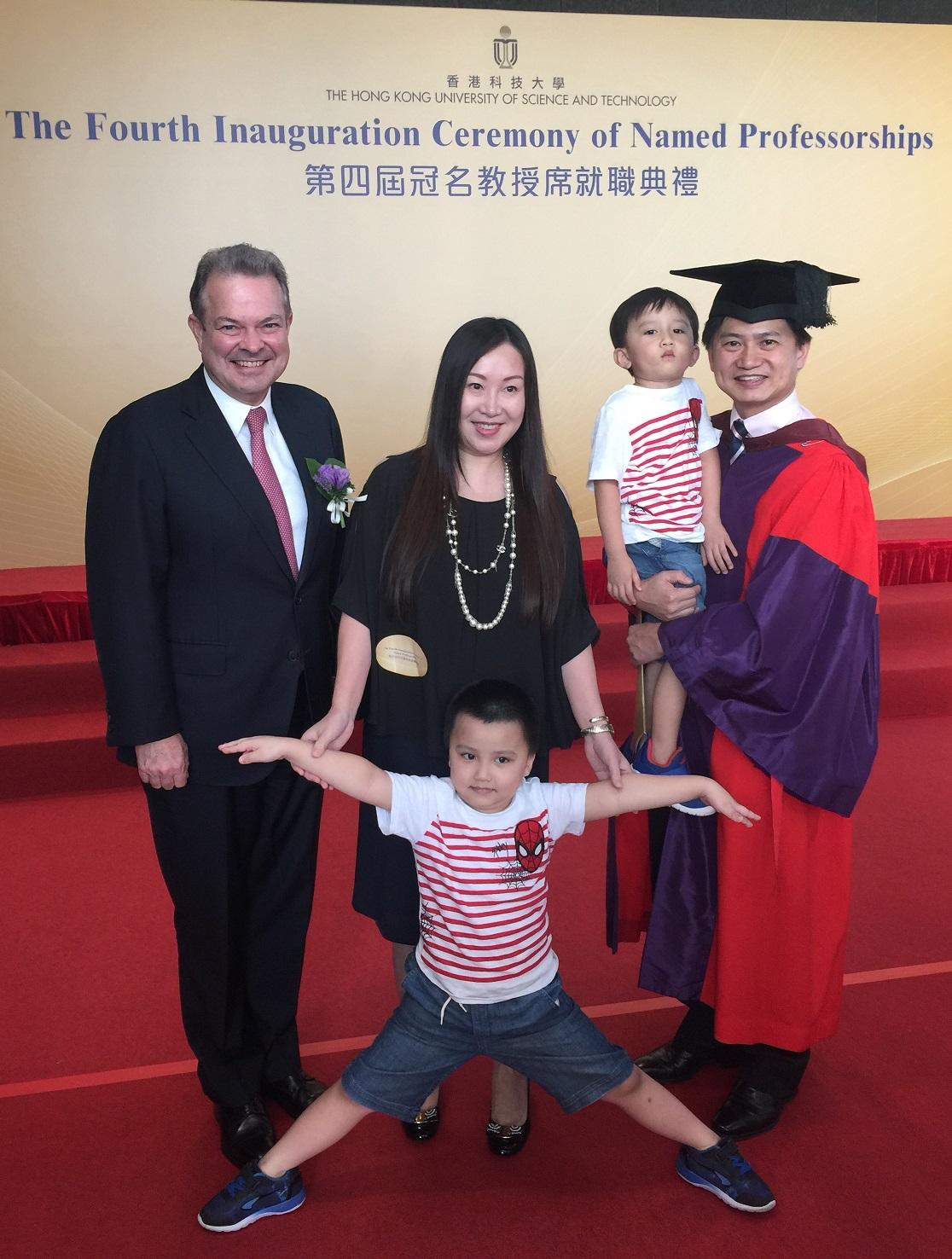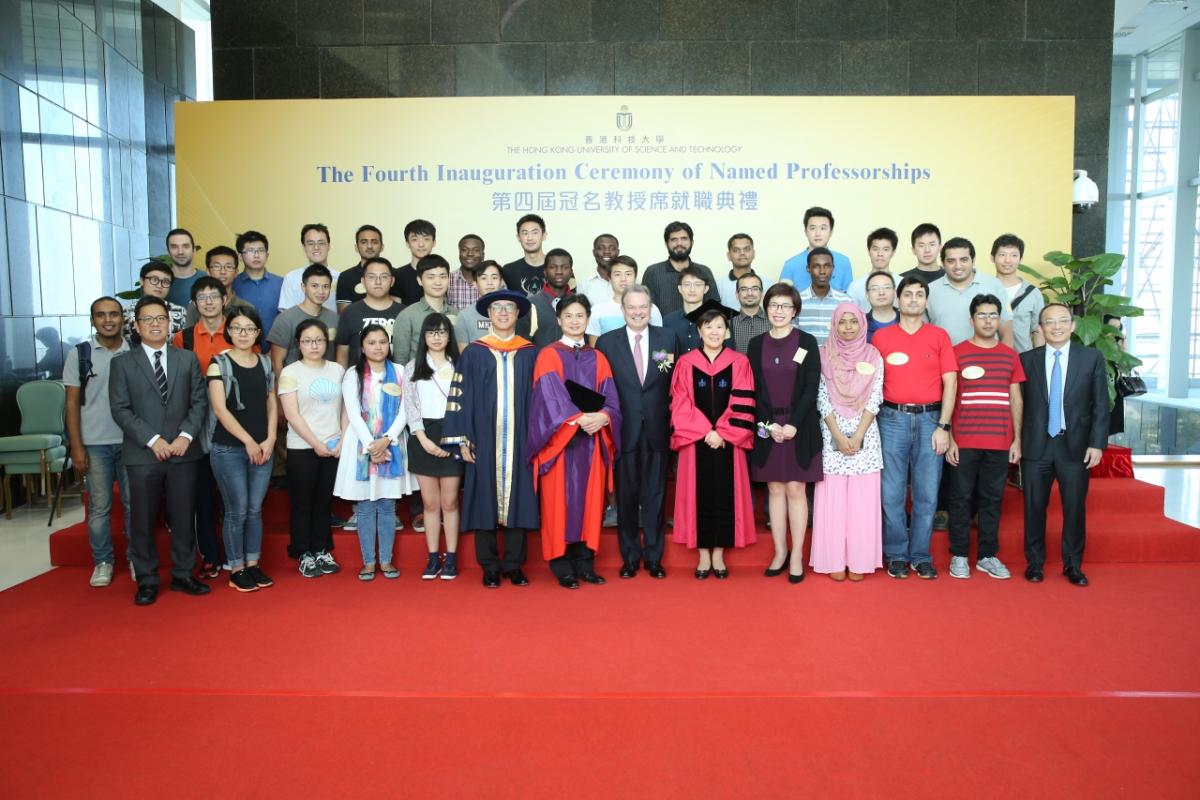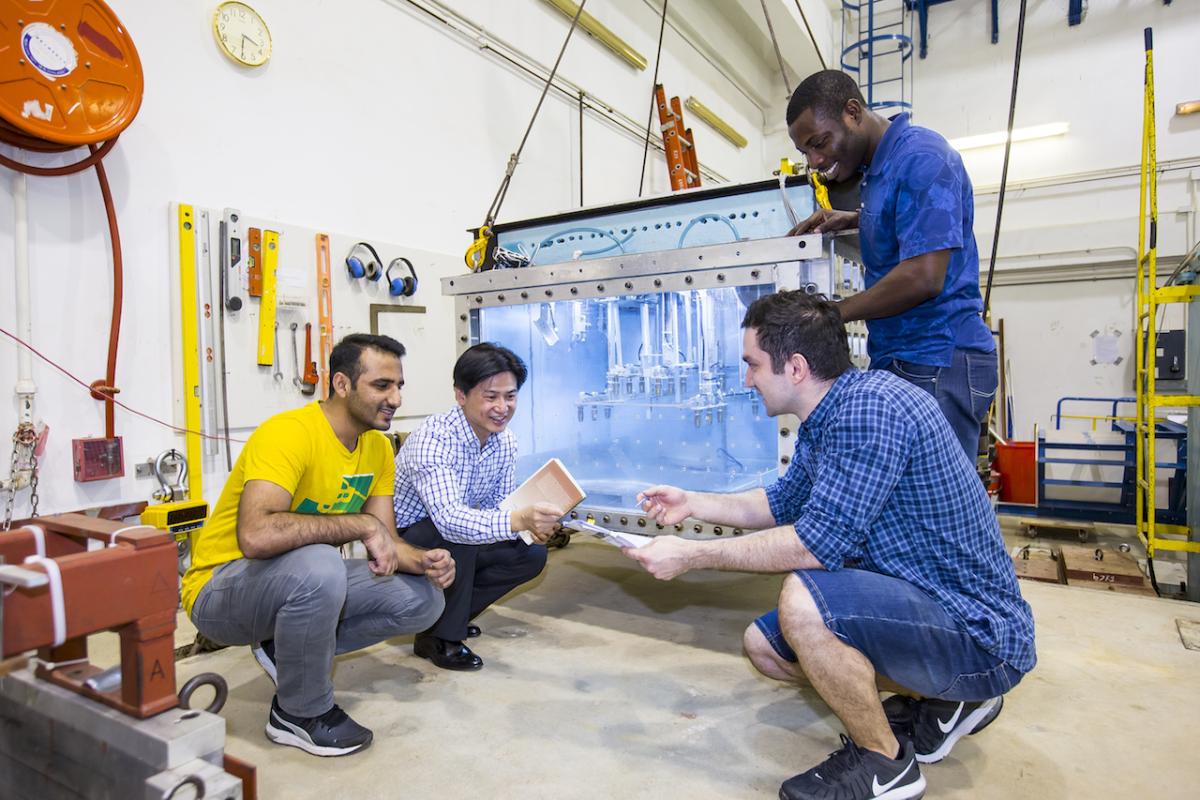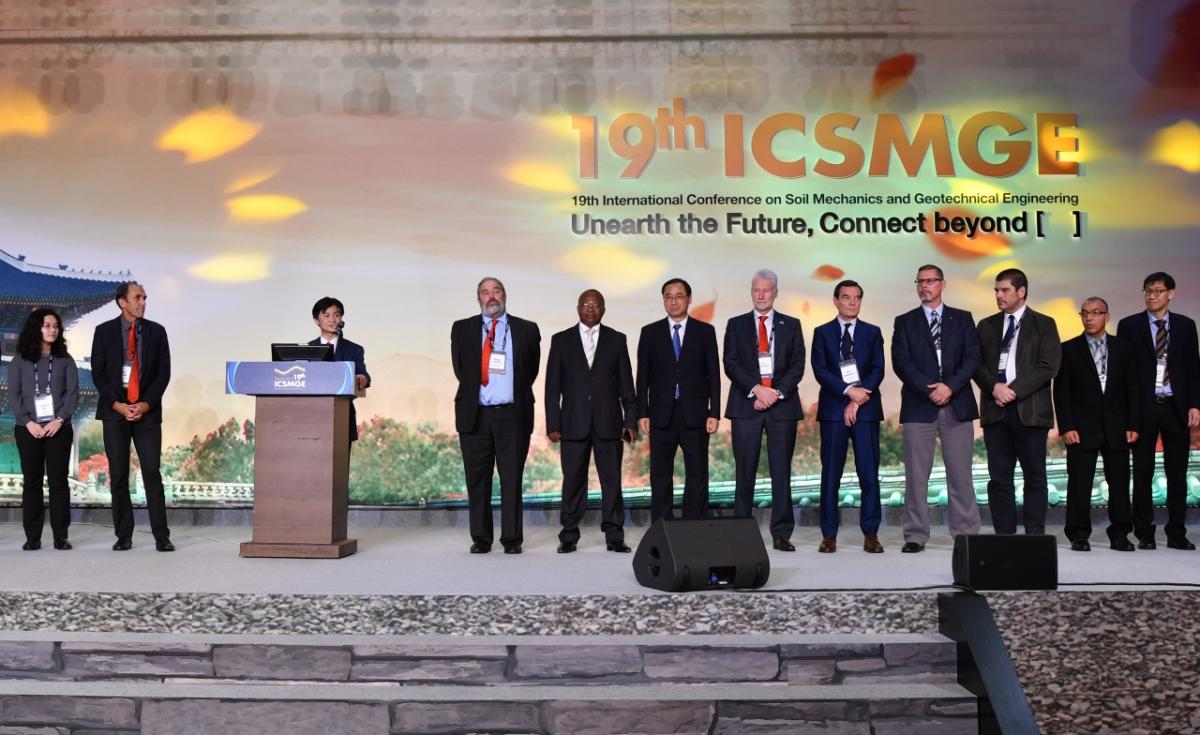A Crusade for a Sustainable Tomorrow
CLP Holdings Professor of Sustainability Charles Ng Wang Wai outlines his mission to make the world more sustainable for future generations.
Professor Charles Ng, the newly inaugurated CLP Holdings Professor of Sustainability at the Hong Kong University of Science and Technology (HKUST), has a keen interest in the survival of our planet.
Not only is he determined to do something to enhance the long-term viability of the Earth, he is doing it through a wide range of research including the shifting soils and debris that form the world. Specifically, he aims to generate ideas and practical engineering solutions that will help reduce the impact of debris flow and make the planet more sustainable in the long term.
“I want to make my contribution so that our future generations can live a sustainable life. We should not destroy this planet. It is our responsibility to future generations,” he said.
Making green ideas flow
The establishment of the CLP Holdings Professorship in Sustainability was announced in 2016 and is the first of its kind for both HKUST and Hong Kong. The professorship aims to promote education and research and to nurture future experts in the field of sustainability.
Professor Ng, currently Associate Vice-President for Research and Graduate Studies and a Chair Professor in the Department of Civil and Environmental Engineering at HKUST, was chosen after a year-long selection process. He grew up in Hong Kong and was educated in the UK, and is today widely regarded as a global authority on advanced unsaturated soils mechanics and eco-friendly green slope engineering.
Professor Ng is currently spearheading an award-winning research into the debris flow damage and sustainable mitigation as extreme weather events multiply the risk of landslides.
His team’s efforts are bearing fruit with a pioneering testing facility due to open in Kunming in the northwest of Hong Kong next year. The facility – a HK$18 million joint undertaking between HKUST and the Chinese Academy of Science – will help examine the effectiveness of debris flow barriers. It has already won attention from the commercial world with two manufacturers expressing interest in using it to test their products. Professor Ng said this was a good example of how businesses and academics can work together to achieve sustainability.
“We started this project about two years ago and our goal is to protect urban cities like Hong Kong and make them sustainable without suffering from debris flow,” he said.
According to Professor Ng, the project could have far-reaching impact because debris flow is a common issue in countries along China’s Belt and Road initiative. To accelerate the infrastructure projects planned in those places, the issue had to be addressed, he argued.
“There are a lot of major investments like dams, power plants, and oil pipelines going on in these countries and you don’t want pipelines to be destroyed or damaged by debris flow,” he said. “This is all about trying to make the world more sustainable. Our energy supply would be at risk if debris flow destroys pipelines.”
Sourcing cleaner energy
In line with his plan to focus on energy and environmental issues, the professor’s other research focus is in clean energy such as methane hydrate, which he said could provide mankind with a significant source of low-carbon energy for centuries to come.
“If we look at the data published by the United Nations, the world’s population will increase by 25% by around 2040 and that is a substantial rise,” he said. “Where will the energy that we need come from?”
“Of course, there is research into batteries and wind farms. But if you look at the details, the major obstacle is how to store the energy. You can generate a lot of energy, but how can you store the energy so that people can use it? To me, shale gas and methane hydrate are the two real substantial sources of cleaner energy.”
Spreading a global message
Having been elected the President of the International Society for Soil Mechanics and Geotechnical Engineering (ISSMGE) in September 2017, Professor Ng hopes to play a bridging role between the society – the world’s pre-eminent professional body representing geotechnical engineers – and China’s Belt and Road initiative.
“If the ISSMGE can be involved in the Belt and Road initiative, it can be a win-win outcome, because some of the Belt and Road projects can tap into their expertise,” said Ng, the first Chinese president of the 81-year-old organisation. “This is what I am planning to do, so that we can bring benefits to both Belt and Road countries and to the Society.”
Closer to home, Ng aims to make better use of the HKUST platform to drive sustainability by organising international academic conferences and nurturing students from around the world who are passionate about the subject. His starting point is his research team whose members come from 16 countries.
“They are from 16 countries including South Africa, India, Pakistan, Malaysia, Thailand, Bangladesh, China, Iran, Nigeria, and the UK,” Ng said. “Through them, I am spreading the message of sustainability to 16 countries.”
To learn more about CLP’s connection with society, please check out the latest issue of CLP.CONNECT.





